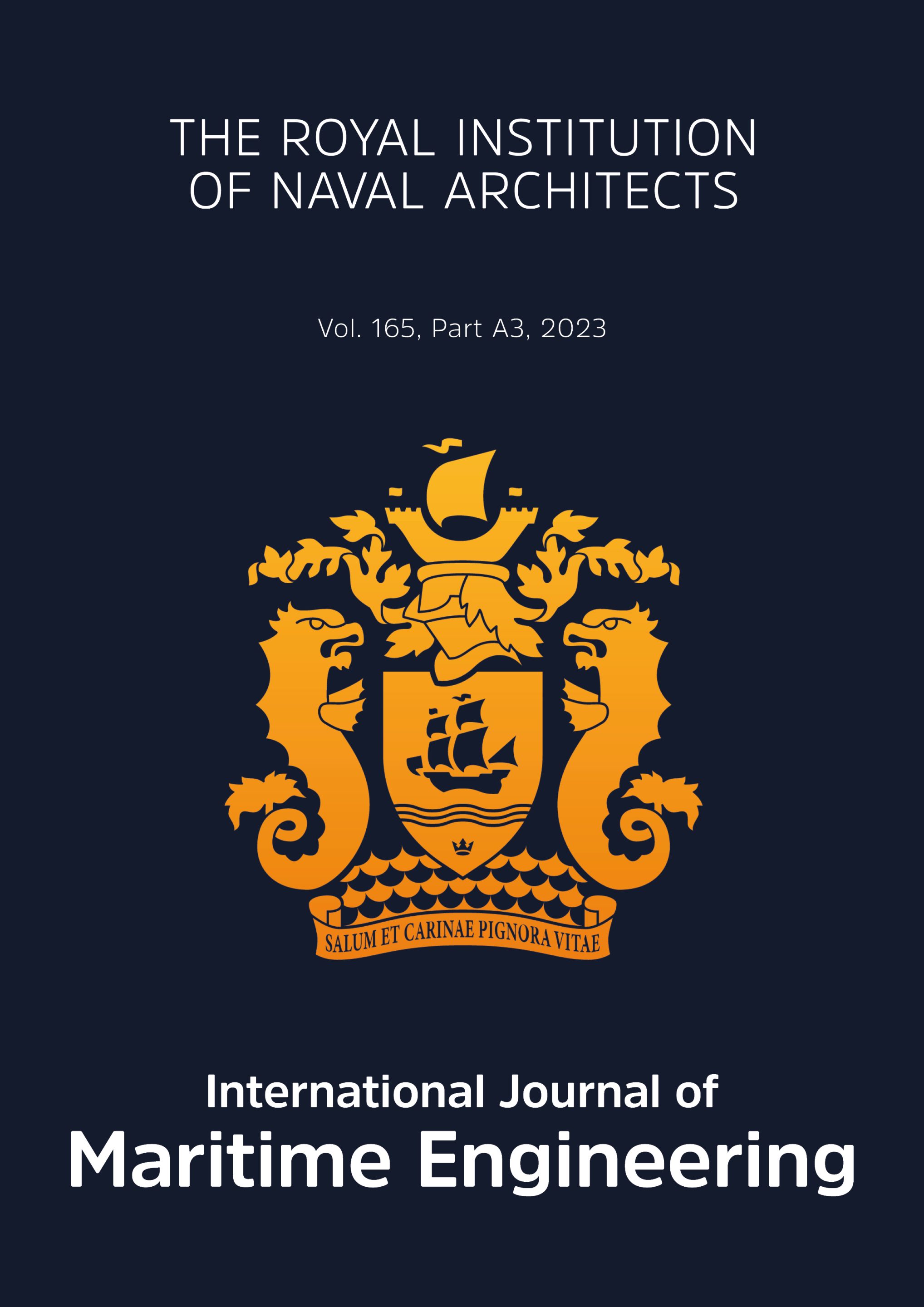The USV launch and recovery 'missing link'
Sealartec's radical ALR-S technology can convert a conventional ship's stern ramp to a fully autonomous recovery system for unmanned surface vessels
Read stories from across our global community, including industry updates, event highlights, and insights shaping the future of naval architecture and maritime engineering.
Sealartec's radical ALR-S technology can convert a conventional ship's stern ramp to a fully autonomous recovery system for unmanned surface vessels
The UK-based ROC + DOCK project has brought together remote-controlled operations, a dual-function simulator and a ‘hands-off’ docking station, to encourage force multiplication of uncrewed vessels in ports and harbours
The latest addition to Bernhard Schulte Offshore’s CSOV fleet, Windea Clausius, combines a methanol-ready hybrid propulsion plant with Ulstein’s Twin X-STERN design for energy efficiency and ease of operations
We've seen wingsails applied to bulkers and tankers - but aboard a smaller patrol boat? The latest design from MAURIC, set for launch in 2027, could open up an entirely new market for wind-assisted propulsion systems
Keep up to date on the latest news, insights and innovations from across the maritime community. Our flagship title, The Naval Architect, covers everything from commercial shipping and small craft to defence and advanced design, while our yearly publication Significant Ships, showcases the most innovative and commercially important vessel designs of the prior year.
Make sure you're the first to hear about the latest news and developments in the maritime industry!
Our eNewsletters are available to both members and non-members, giving regular updates on technical developments in the industry, forthcoming Events, networking opportunities and much more!

Browse papers from our conferences such as Wind Propulsion and Warship, showcasing cutting edge research vital to the future of maritime.
Or discover peer reviewed technical papers from the annual RINA Transactions.

Our peer-reviewed journals, IJME and our annual transactions, share relevant research from the fields of naval architecture and marine engineering. Enabling professionals, academics, and students to exchange ideas, present findings, and push the boundaries of innovation.

Discover the Royal Institution of Naval Architects’ rich history through our archives. Explore past issues of our journals, and historical records that reflect over 160 years of innovation and advancement in naval architecture and maritime engineering.